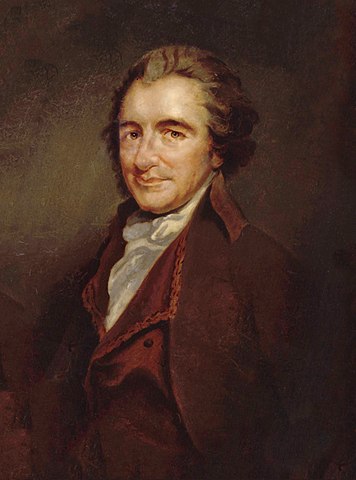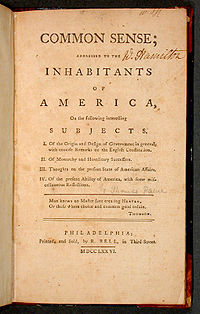LightSpectra
me autem minui
I personally found Team of Rivals informative, detailed and "intimate". I felt I left it with a better understanding of the interelationships and dynamics of the various personalities with each other and with the times. So much so, that in Lincoln, I could see that David Strathairn's Seward was spot on...
Probably helps that the film was based on the aforementioned book.
I thought Herbert's biography Lincoln was both better written and more factually rigorous.


 I've never read any of his books since they all look too technical for a lay person.
I've never read any of his books since they all look too technical for a lay person.

 ) but I'll wait to see if they're really worth it.
) but I'll wait to see if they're really worth it. 
